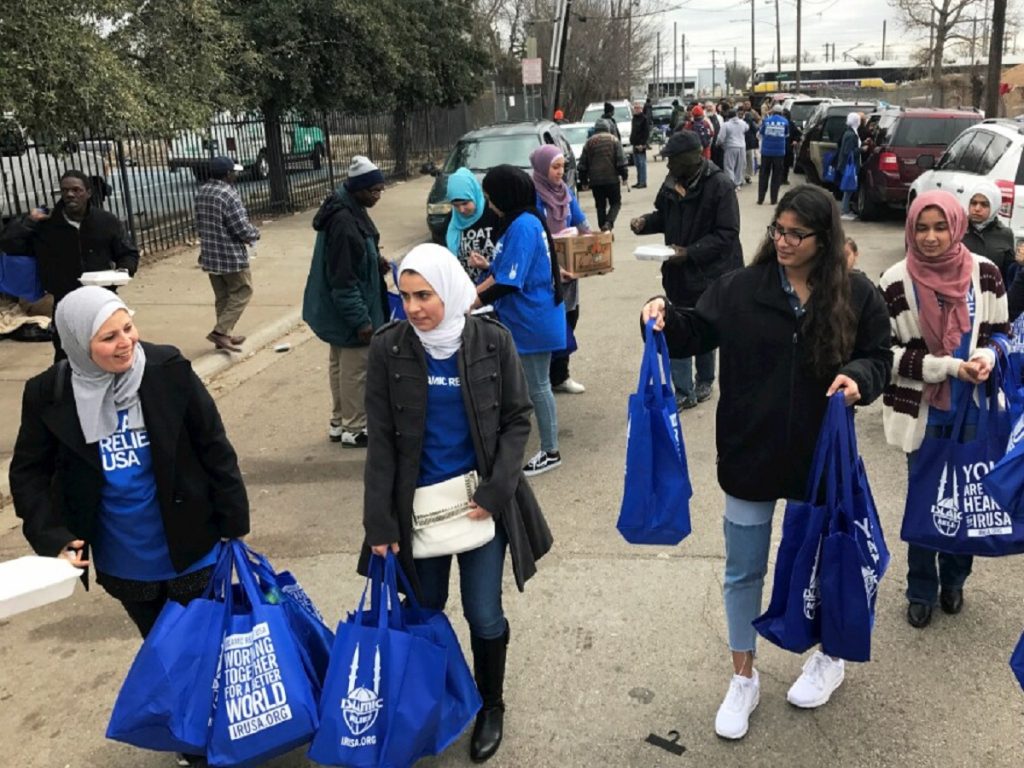In the United States, homelessness affects people from all backgrounds—including Muslims and Arabs. While many Muslim immigrants and families achieve stability through education, business, and professional careers, not everyone’s journey is smooth. Economic hardship, rising housing costs, mental health struggles, and immigration challenges have also led some Muslims into homelessness.
Are There Homeless Muslims in the U.S.?
Yes. Just like other faith and ethnic groups, Muslims in America face the risk of homelessness, especially in major urban areas like New York, Los Angeles, and Chicago where housing is expensive. Refugees, new immigrants, and individuals without strong family networks are particularly vulnerable. Reports from community organizations show that Muslims, especially recent arrivals, sometimes struggle with rent, job security, and access to affordable healthcare—factors that can push them toward homelessness.
How Does the Muslim Community Respond?
Muslim and Arab-American communities are known for their strong charitable traditions rooted in zakat (obligatory almsgiving) and sadaqah (voluntary charity). Many mosques, Islamic centers, and nonprofits across the U.S. provide direct support to Muslims in need:
-
Emergency Shelter and Housing Aid: Organizations like ICNA Relief, Zakat Foundation of America, and local mosques often provide rental assistance, shelter referrals, or temporary housing.
-
Food Programs: Soup kitchens, food pantries, and Ramadan iftar programs offer meals not only to Muslims but also to anyone in need.
-
Job and Social Services: Many Muslim-led nonprofits help with job placement, English-language learning, and counseling services.
-
Special Support for Refugees: Since many refugees from Syria, Iraq, Palestine, and Afghanistan face housing insecurity, Muslim organizations work closely with resettlement agencies to prevent homelessness.
Collaboration Beyond the Muslim Community
In addition to internal community efforts, Muslim organizations often partner with interfaith charities and city programs to address homelessness more broadly. These partnerships highlight the Muslim-American commitment to civic responsibility and compassion for all vulnerable people, not only their own community.
Conclusion
While homelessness does affect Muslims and Arabs in the United States, the community has built strong support systems inspired by Islamic values of charity and solidarity. Through mosques, nonprofits, and interfaith initiatives, Muslim-Americans continue to play an active role in fighting homelessness and helping fellow Muslims and non-Muslims alike rebuild their lives.

